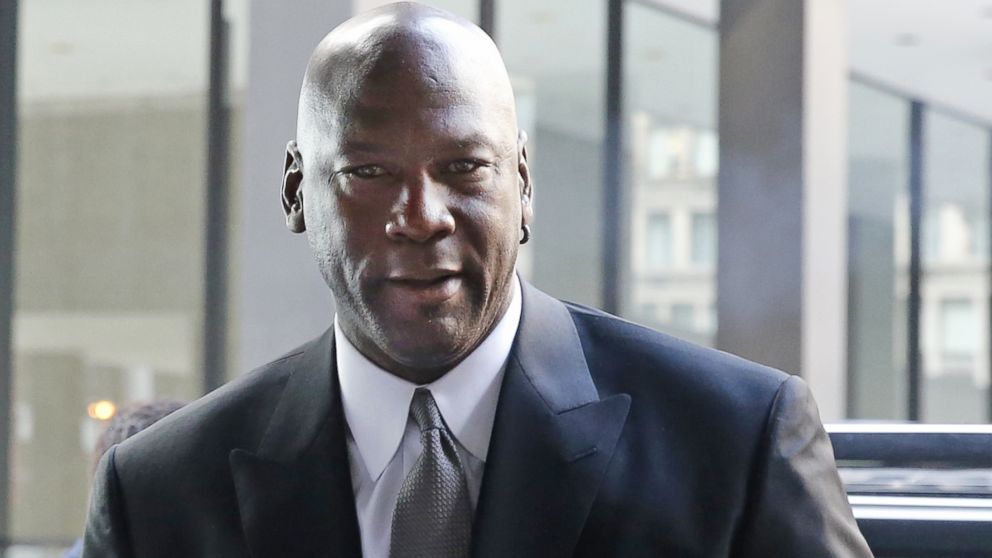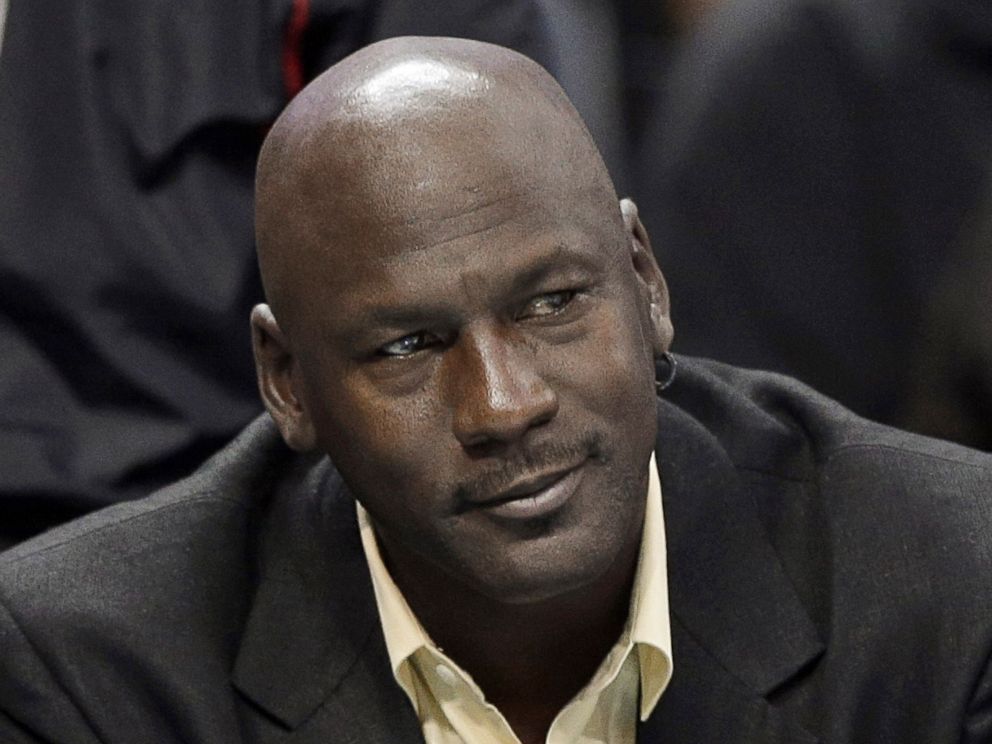Michael Jordan Testifies in His Courtroom Beef With Grocery Chain
The basketball legend accuses a grocery chain of unlawfully using his likeness.

— -- A jury is set to decide how much a grocery chain should pay in damages for an ad that used Michael Jordan's likeness without his permission.
Jordan, 52, testified today in court saying he filed the lawsuit to protect his image and likeness, which he "values preciously."
The civil trial in federal court in Chicago is focused on how much the basketball legend's name or brand is worth.
Jordan sued the now-defunct grocery chain Dominick's, owned by Safeway, for using his likeness and jersey number in an ad featured in Sports Illustrated magazine in 2009 on the occasion of his Hall of Fame induction.
He testified today that he would not have allowed the grocer to use his image, even if they had asked, because it wasn't consistent with his media strategy. Jordan said he doesn't agree to media deals that are worth less than $10 million.

Safeway and Jordan's attorney did not respond to a request for comment from ABC News.
During recent court proceedings, Jordan's attorney has focused on the market value of his brand in previous deals. That includes a $480 million deal with Nike from 2000 to 2012. His attorney Frederick Sperling said Jordan earned $100 million from his identity last year, the Associated Press reported.
However, defense attorneys said there's a difference between big endorsement contracts and licensing agreements, reported ABC's Chicago affiliate WLS. Defense attorneys say the Dominick's ad was nothing like the $480-million deal Jordan had with Nike for more than a decade, and is instead closer to the half-million-dollar deal Jordan signed with Sirius Radio.
On cross-examination, the defense asked Jordan if he considered himself "qualified" to compare how his likeness is used in his endorsement deals compared to how it was used in the Dominick's ad. On the stand, Jordan said he considered himself "very much qualified" to do so, but in the videotaped deposition played in court, when he was asked the same question, he had said he was not qualified to do so.





